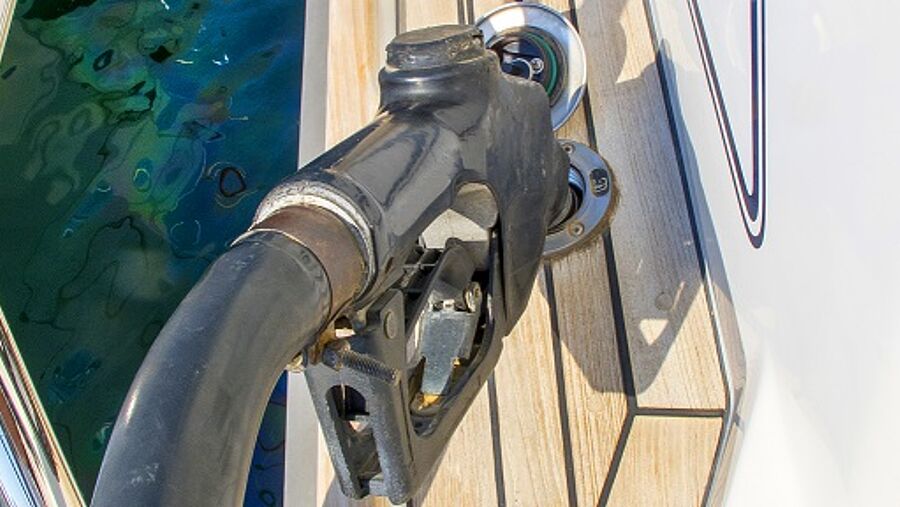
* Pantaenius UK Limited is authorised and regulated by the Financial Conduct Authority (Authorised No.308688)
If the engine suddenly breaks down or after a long period of standing, cannot be started, the cause is often diffcult to fathom, with many owners unsure of what they are dealing with. However, it could be the fault of microorganisms which have made themselves comfortable in the fuel tank. These microorganisms can often go unnoticed until it is too late. We explain how you can deal with the problem of diesel plague.

While the term diesel plague evokes rather gloomy associations it actually refers to the contamination of diesel fuel by microbes such as bacteria or mould fungus. In fact, a little water in the fuel tank is enough to set the process in motion.
Water can get into diesel fuel as a result of condensation, contaminated diesel or simply carelessness when refuelling. If this water settles at the bottom of the tank, microorganisms begin to multiply in the separating layer between water and diesel. Warmer climates or the summer months in particular can result in your fuel tank offering perfect conditions for the proliferation of these stowaways. Lack of regular servicing can also contribute to this issue.
The problem however, is not necessarily the bacteria themselves, but their metabolic products which will eventually form a dark bio-sludge in the fuel tank. This black sludge can clog filters, diesel lines or injection nozzles.
In addition, the metabolic products promote corrosion in the tank and on engine components, such as injection nozzles and can subseqently lead to considerable long term engine damage. A fuel tank which contains a considerable amount of bio-sludge will only become obvious when the engine starts to stutter. This is due to the fact that the bio-sludge, which had previously been sat on the bottom of the fuel tank, is being moved around and is starting to block the fuel injector.
So what can you do? There are special premium fuels with a lower biodiesel content which can help provide a remedy. There is also a new type of diesel fuel whose special composition promises complete resistance to infestation by microorganisms. This method of inhibiting the growth of bacteria, fungi and yeasts or even completely removing them through the addition of so-called additives to conventional diesel is well known. Depending on the concentration, average service life and climatic conditions, even a small amount of these additives may be sufficient to control the microorganisms and prevent bio corrosion. However, once diesel plague has struck there is usually no way of avoiding an extensive fuel tank clean, as bio-sludge does not dissolve without residue.
Reports on the testing of the various products available to help with the prevention of bio-sludge can usually be found in the trade press and online. A specialist, such as a marine engineer will also be able to provide you with more information.
We recommend regular checks of the fuel tank contents and the additional use of a special diesel fuel or fuel additive. Whilst this is no guarantee of permanent protection it is certainly a good start. The winter lay-up period is also a good opportunity to drain the fuel tank and replace fuel filters and filter inserts.